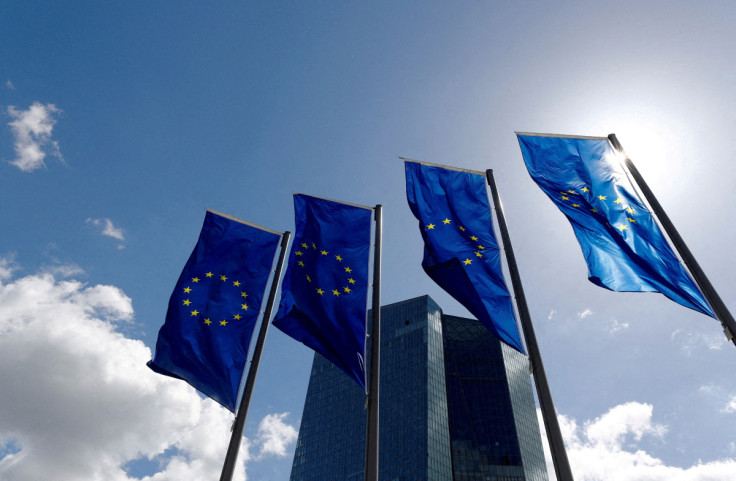ECB Gets Ready For A Pivot On Policy Rates — What Will The Bank Of England Do?
After raising interest rates by 75 basis points in its recent meeting, The European Central Bank (ECB) is getting ready for a pivot on policy rates as soon as its next meeting in December.
The investment bank now predicts that the ECB will hike interest rates by 50 basis points rather than 75 basis points as it previously had expected.
BNP Paribas downgraded its expectations for a rate hike because of the recognition by ECB President Christine Lagarde that the eurozone's central bank has made progress in fighting inflation. And it is now more concerned about the rising prospects of the European economy sliding into recession.
Then there's the Governing Council's mention of time lags and the delayed impact of interest rate hikes on aggregate demand and the economy.
"The reference to the Governing Council, including the lagged effects of past action in its assessment of how to proceed, is, we think, a clear sign that it is turning more cautious or attentive to the risk of over-tightening, given the cumulative 200bp of tightening since July," said the BNP Paribas research note said.
According to some estimates, interest rate hikes can take up to 18 months to affect the economy. Thus, the ECB may want to pause and see how the recent interest rate hikes will impact the eurozone economy before its next move.
But Thomas Samuelson, CFA and chief investment officer at Vineyard Global Advisors, is skeptical about the readiness of the ECB for a policy pivot. "The ECB has been and continues to be well behind other central banks in interest rate hikes, and the European Union will likely continue to suffer from some of the highest inflation rates around the world," he told International Business Times in an email.
Samuelson points to record inflation numbers across Europe last week, including double-digit figures from Germany. They confirm that the ECB has a long way to go to bring inflation in line with official targets.
"Typically, central banks need to raise interest rates above the prevailing rate of inflation (or at least above inflation expectations) to bring inflation down," he added. "Germany's inflation rate is now running almost eight times higher than the ECB's current 1.50% interest rate and five times higher than the ECB's 2.00% target rate."
James Bentley, director of Financial Markets Online, a U.K. education platform, thinks that The Bank of England faces a similar situation.
"Central banks everywhere are competing to defend their currencies and curb inflation," he told IBT. "However, for all the talk lately of when inflation will peak, we're still some way off that, and there's plenty more pain to come in terms of increases in borrowing costs. The ECB's decision to impose another big hike makes it much more likely the Bank of England will follow suit next week."
The prospect of further interest rates across Europe doesn't bode well for the European economy and stocks.
"Europe and European stocks will likely continue to face strong headwinds from very high inflation, additional interest rate hikes, and a potential energy crisis this winter," Samuelson added.

© Copyright IBTimes 2024. All rights reserved.






















